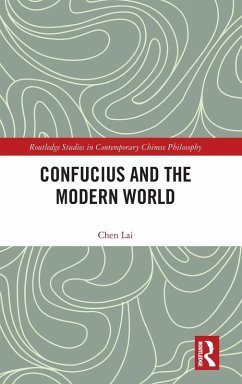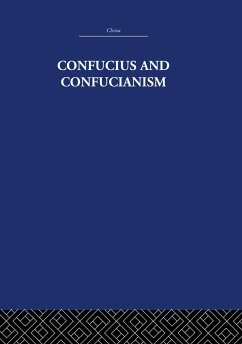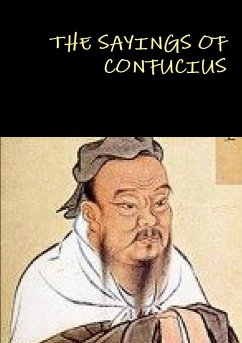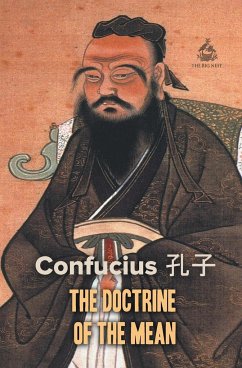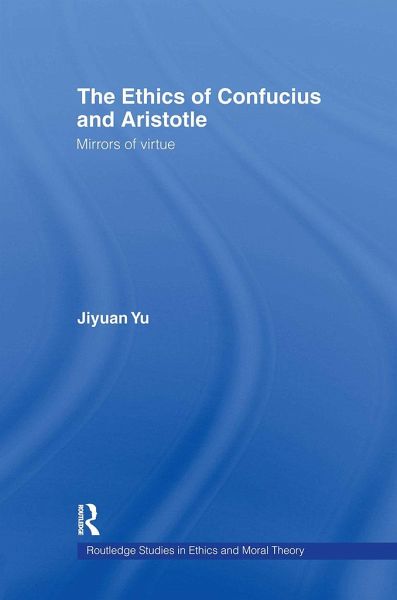
The Ethics of Confucius and Aristotle
Mirrors of Virtue
Versandkostenfrei!
Versandfertig in 1-2 Wochen
186,99 €
inkl. MwSt.
Weitere Ausgaben:

PAYBACK Punkte
93 °P sammeln!
As a comparative study of the virtue ethics of Aristotle and Confucius, this book explores how they each reflect upon human good and virtue out of their respective cultural assumptions, conceptual frameworks, and philosophical perspectives.





